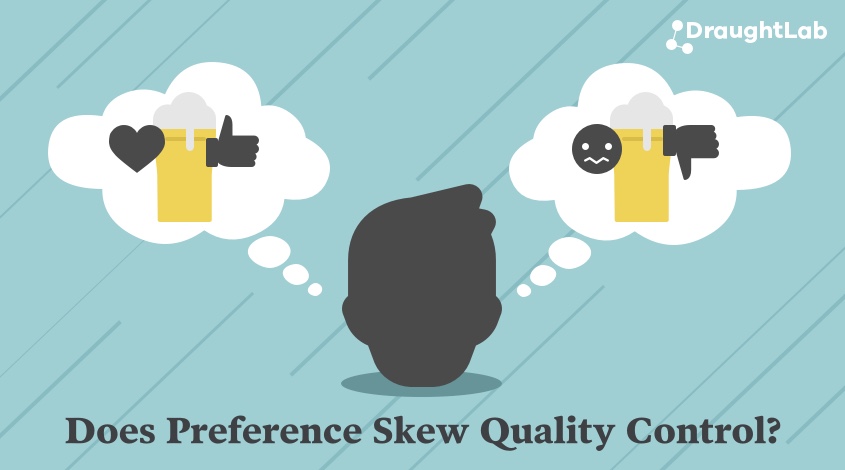
Ever wondered if disliking a product makes someone more likely to flag a sample on taste panel? It seems like a logical assumption, but is it really the case? I was curious to find out, so I looked at tens-of-thousands True to Target and Hedonic evaluations to see what the data says. The results were quite interesting!
Do we flag disliked samples more often?
To test this assumption, I first divided tasters into two groups: “Likers” and “Dislikers” based on their hedonic scores. This allowed me to quickly compare failure rates and see if this question holds up.
Interestingly, we found the opposite of what you may expect! Dislikers were LESS likely to fail a sample on panel, whereas Likers were the ones to fail samples at a rate just slightly above average.
One possible reason for this is that likers may opt in to regularly consuming the product and therefore have more experience with it. Their familiarity could result in a keener sense for when the product deviates from the norm (this hypothesis is testable but will need to wait for another blog post!).
Now, if there is a slight tendency for likers to flag more frequently, I was then curious if this trend would be strong enough to skew QC results.
Is liking linked to flag rate?
To test this, I correlated all the Liking and QC data to see if they follow the same trend.
When we look at the data holistically, we found no correlation between Liking and “Flag Rate” (R-squared = 0.01). This indicates that liking (Hedonic) and QC (True-to-Target) tests serve different goals and tasters treat them that way. It also shows that individual behavior does not skew test results when evaluations happen with a group of tasters.
Take heart panel leaders!
In the end, the data here showed that Dislikers were the ones slightly favorable to products, but that this trend was not strong enough to skew results. As a panel leader this should be reassuring! Tasters can objectively evaluate a product’s adherence to its quality target regardless of whether they like the products or not.
Let’s keep the conversation going! If you’re curious about how this understanding can be applied to your tasting program, let’s connect. Contact us to keep the conversation going, we love to hear from you.
DraughtLab offers practical and approachable Sensory Analysis Solutions that deliver real-world value to food and beverage companies. Visit our website or reach out to us at info@draughtlab.com to learn more!
